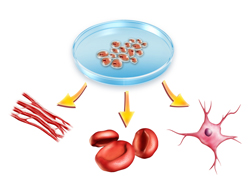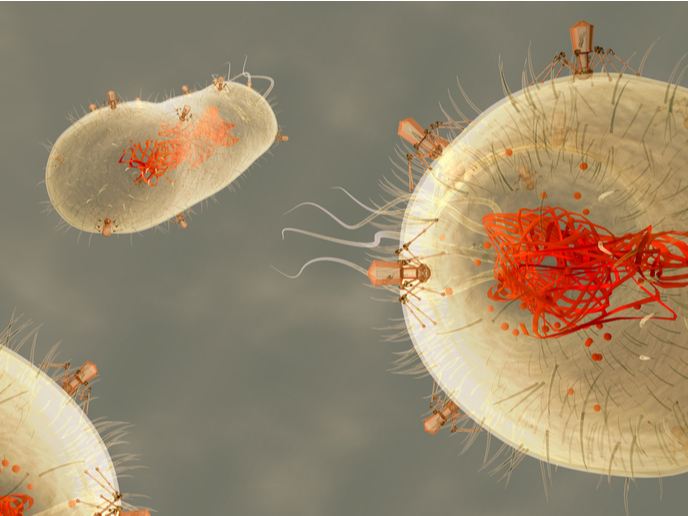Regulating gene expression for neuronal outcome
Topoisomerase II beta (Top2ß), specific to mammalians, is an enzyme that regulates DNA coiling for subsequent replication, transcription, chromosome condensation and segregation. Top2ß is required for neurogenesis and is abundantly expressed only in terminally differentiated cells. The 'Topoisomerase function in genome and epigenome regulation during neuronal differentiation' (Toponeuronal) project set out to reveal the contribution of Top2ß activity to epigenetic regulation of neuronal differentiation. The EU-funded project approached its objectives using an in vitro mouse cell differentiation system. studies showed that the Top2a to ß switch in expression takes place during the neuronal differentiation of stem cells when progressing, in vitro, from the proliferative to the post-mitotic state. A deficiency in Top2ß does not interfere with differentiation into neuronal progenitors, but does result in the premature death of neurons. Further assessments led to the conclusion that Top2ß likely plays a part in regulating the expression of various genes that may be vital for terminal neuronal differentiation. investigations into the possible direct interaction of Top2ß with chromatin revealed that it correlates highly with the active chromatin mark H3K4me2. The team also succeeded in showing that, in Top2ß knockout neurons, upregulation of Ngfr P75, a Top2ß target gene normally repressed by this enzyme, is responsible for neuronal degeneration. experimental results supported the team's hypothesis that Top2ß regulates target gene expression by directly modulating their promoters. This indicates that Top2ß is mostly involved in the latter stages of neuronal maturation and therefore does not play a significant role in the early stages of differentiation and neurogenesis. by uncovering genome-wide binding sites for Top2ß, Toponeuronal offered new knowledge of topoisomerase regulatory function in post-mitotic cells. Project members were thus able to offer a model whereby Top2ß functions in active regulatory regions of the genome and plays an active role in gene regulation.







